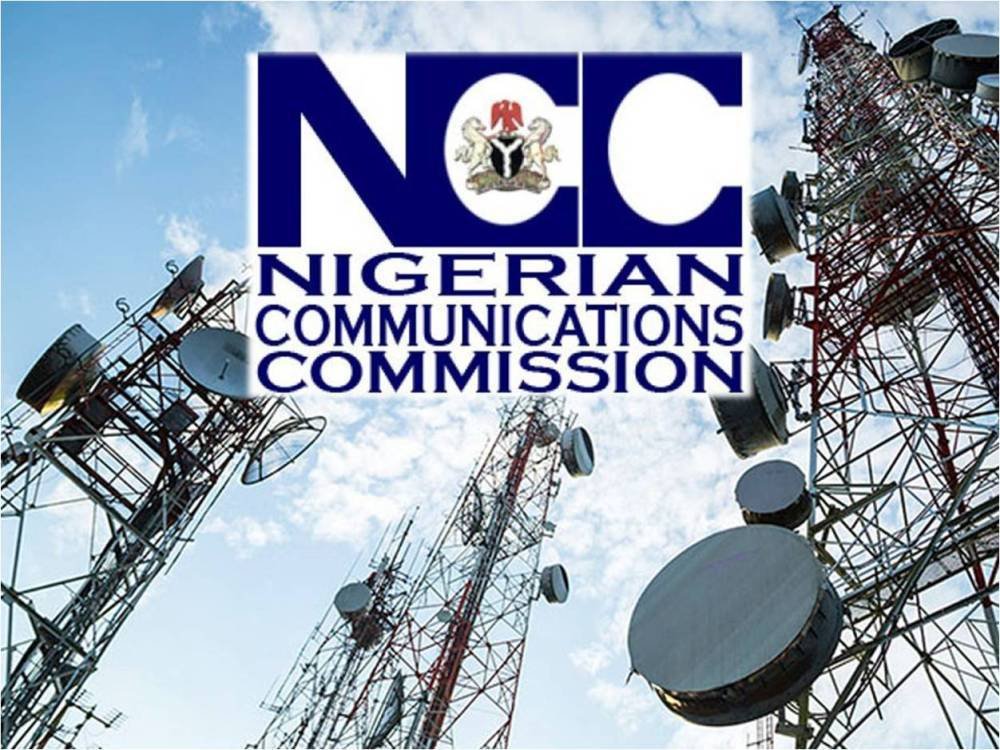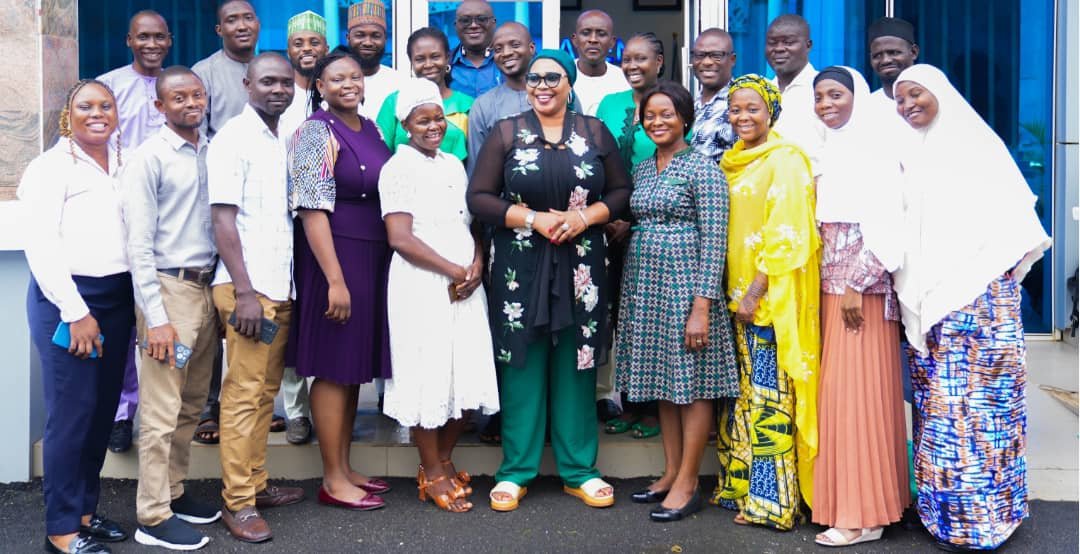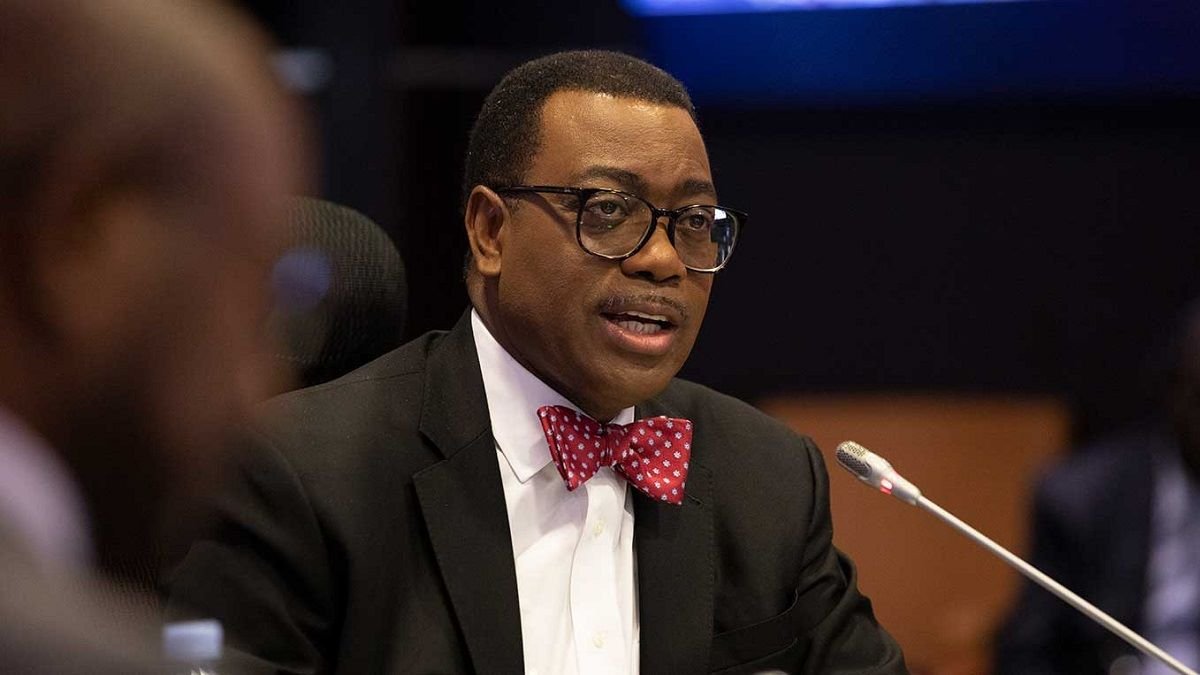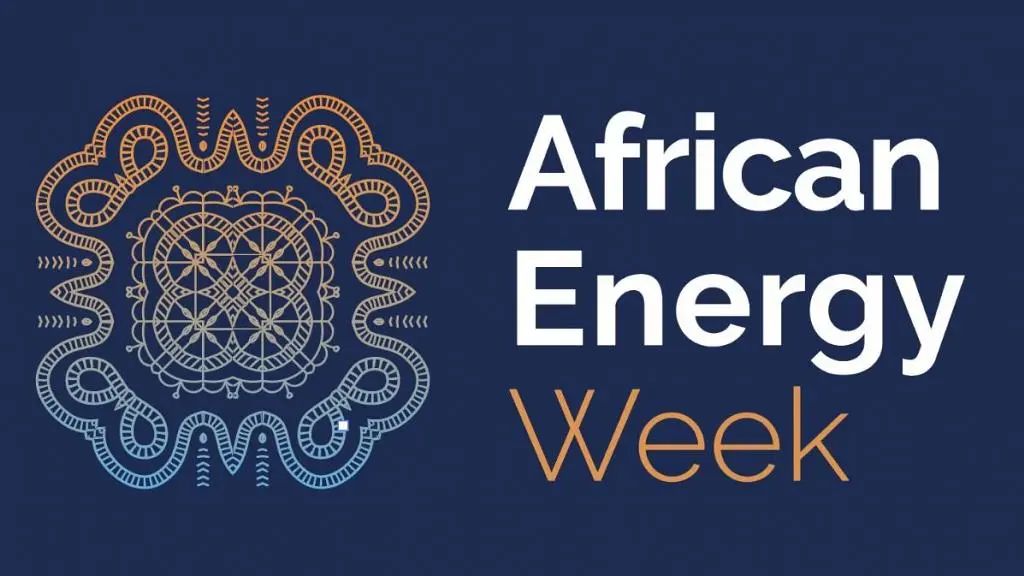The fourth industrial revolution has the potential to connect billions of people to digital networks — NCC
By Eyo Nsima
In his keynote address, presented at the just-concluded Virtual 3rd Discourse series of the Advocacy Law Practice, held on Tuesday, April 29, 2021, he stated: “As the letter of invitation correctly noted, “the three previous industrial revolutions … have liberated mankind from animal production, made mass production possible, and brought about digital capabilities to billions of people. The fourth industrial revolution brings with it the potential to connect billions of people to digital networks ad dramatically improve the efficiency of organizations.
“Putting this within the Nigerian context, the challenge before us today is clear. It is one we must approach with the strongest resolve, and with the full cooperation of all critical stakeholders in order to ensure that “no one is left behind” in the evolving digital future.
“I tried to capture this challenge at an earlier forum in the following words: we “must take drastic and deliberate measures by reawakening our consciousness to the power of technology in this 4th Industrial Revolution, where technologically advanced nations are the ones dictating the pace of the global economy. The ongoing trade war between China and the United States is a testament to this reality.
“As African nations, we must strive to reposition our various economies for digital prosperity and abundance to drive efficiency, productivity and create jobs for the tsunami of our youth population to deploy their creative energy for African economic development.
He stated: “As you would note from the above context, we can only harness the opportunities of the 4th Industrial Revolution as a nation if we put in place effective guiding frameworks, to address the various aspects of the digital ecosystem and ensure their effective interworking in the national interest.
“In this regard, I am pleased to note that Nigeria is not lacking in key Policy and Regulatory frameworks and instruments which will enable us to play a leading role in powering the 4th Industrial Revolution. As an example, The National Digital Economy Policy and Strategy Policy (2020-2030) boasts of eight (8) pillars designed to, amongst others. Enable Nigeria to become a leading player in the global digital economy. Provide a catalyst to facilitate the diversification of the economy; and accelerate the attainment of the key national objectives of improving security, reducing corruption and expanding the economy.”
Speaking further, he stated: “Similarly, the Nigerian National Broadband Policy (2020-2024) clearly highlights the various implementation strategies that would aid the pervasive inclusion and rollout of broadband services across the country whilst also developing a robust and holistic digital economy.
“The NCC’s Strategic Management Plan (SMP 2020-2024 or “ASPIRE 2024”) consolidated on the vision we earlier articulated in the Strategic Vision Plan and 8-Point Agenda. We have responded to the policy goals highlighted above to harness the immense socio-economic benefits of ICT for national development; to ensure that ICT infrastructure is up to the standard necessary to provide ubiquitous broadband services in Nigeria; and to align the Commission’s regulatory efforts with the aforementioned Policy Instruments, as well as the growth strategies of the International Telecommunications Union (ITU) to ensure Growth, Inclusiveness, and Sustainability. We have recorded a number of significant achievements in this regard.
“These include: The licensing of six (6) infrastructure companies (InfraCos) speed up the deployment of broadband infrastructure throughout Nigeria.
The provision of training and supporting public institutions with ICT interventions like School Knowledge Centers, ADAPTI, etc. Enhancement of physical infrastructure: in the last five (5) years, the Commission has expanded broadband penetration from 6% to 42.06 as of February 2021; access gap clusters have been reduced from 207 to 114; Fibre Optic coverage has increased from 47,000km to 54,725 km and Base Transceiver Stations for 3G and 4G deployments have increased from 30,000 to 53,460.
The creation of a full-fledged department Digital Economy has been created to support Federal Government’s Digital Economy agenda. We also increased funding of Telecom Research to N336.4m and have endowed four (4) Professorial Chairs. We have also commenced requisite engagements on 5G deployments and some of our licensees have already carried out trials.”
However, he added: “These strides will enable the telecommunications sector to provide the infrastructure backbone for powering the Fourth Industrial Revolution in Nigeria. We are firmly committed to ensuring that Nigerians in Nigeria play a leading role in Artificial Intelligence, Cloud Computing, Internet of Things (IoT), Robotics, Blockchain, Autonomous Vehicle, Drones, and other innovative technologies which are now driving growth and national competitiveness.
The question of regulation of disruptive technologies without stultifying innovation is one that we, like all other regulators globally, are carefully studying. For now, we have maintained a sharp focus on critical cross-cutting aspects like consumer protection, enhancement of competition, data protection, and enhancement of trust in digital platforms through the prevention of cybercrimes and other abuses.”








